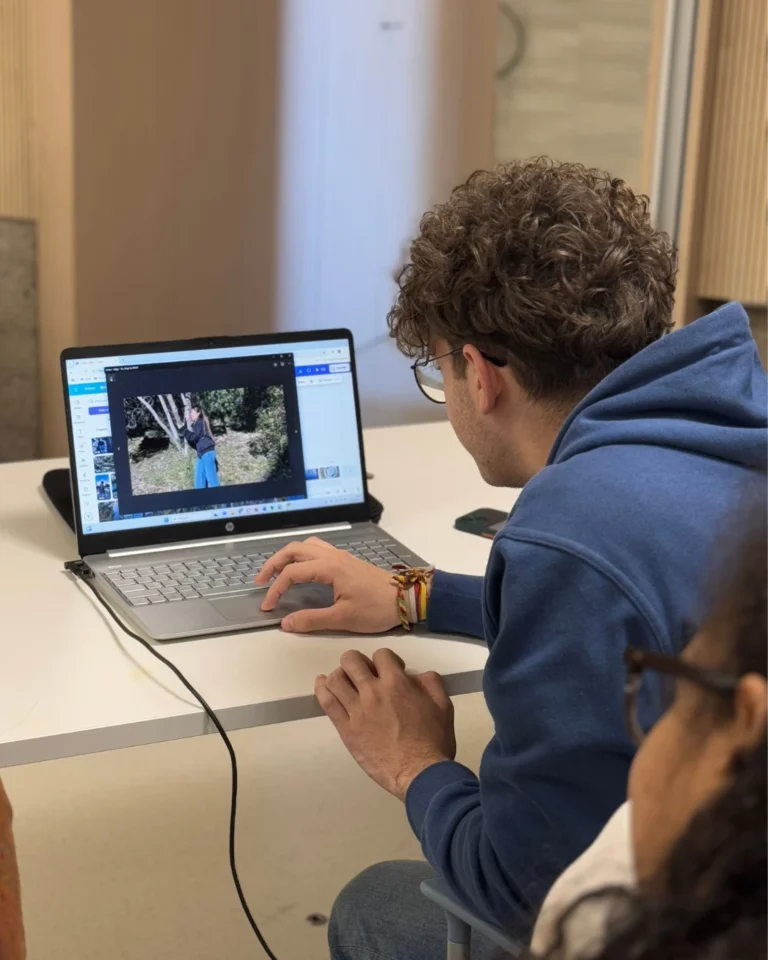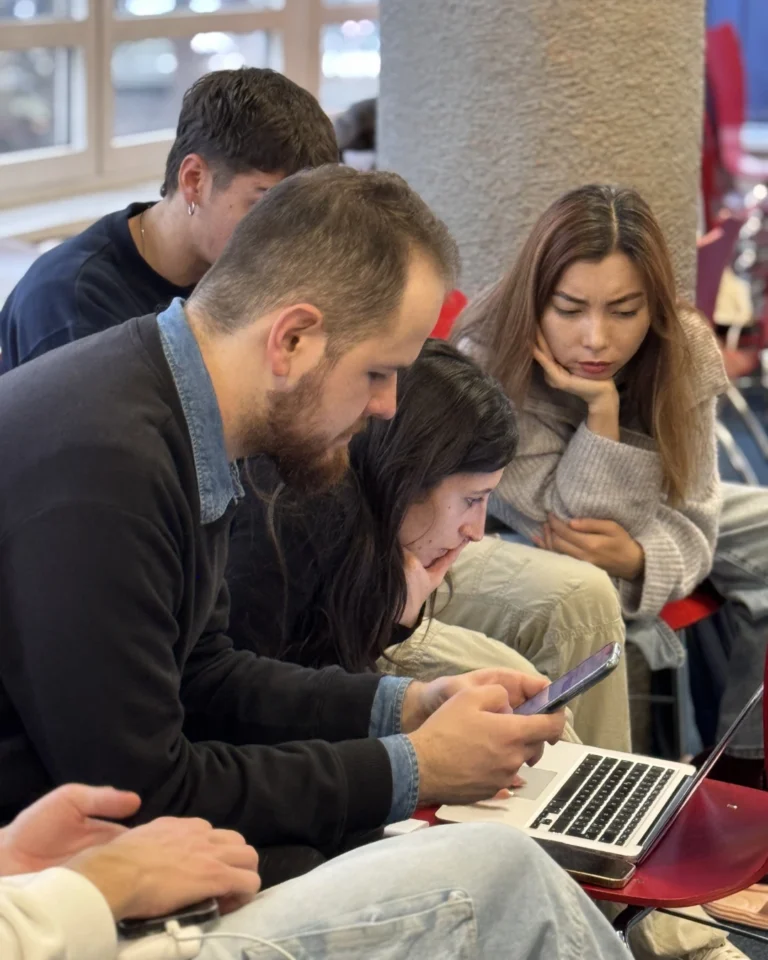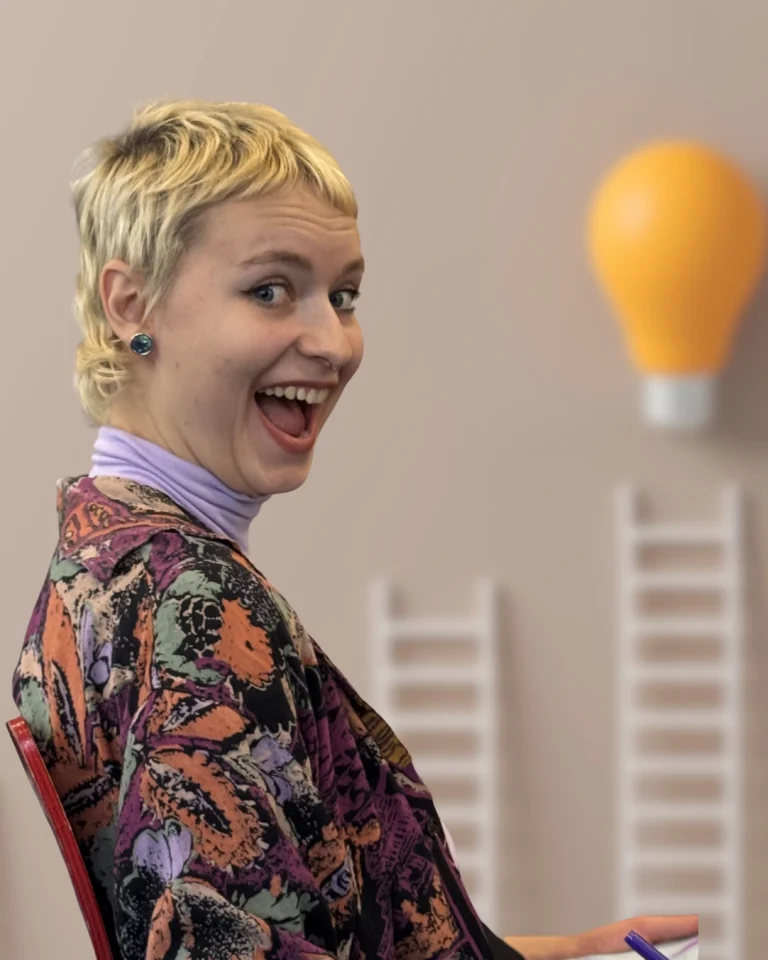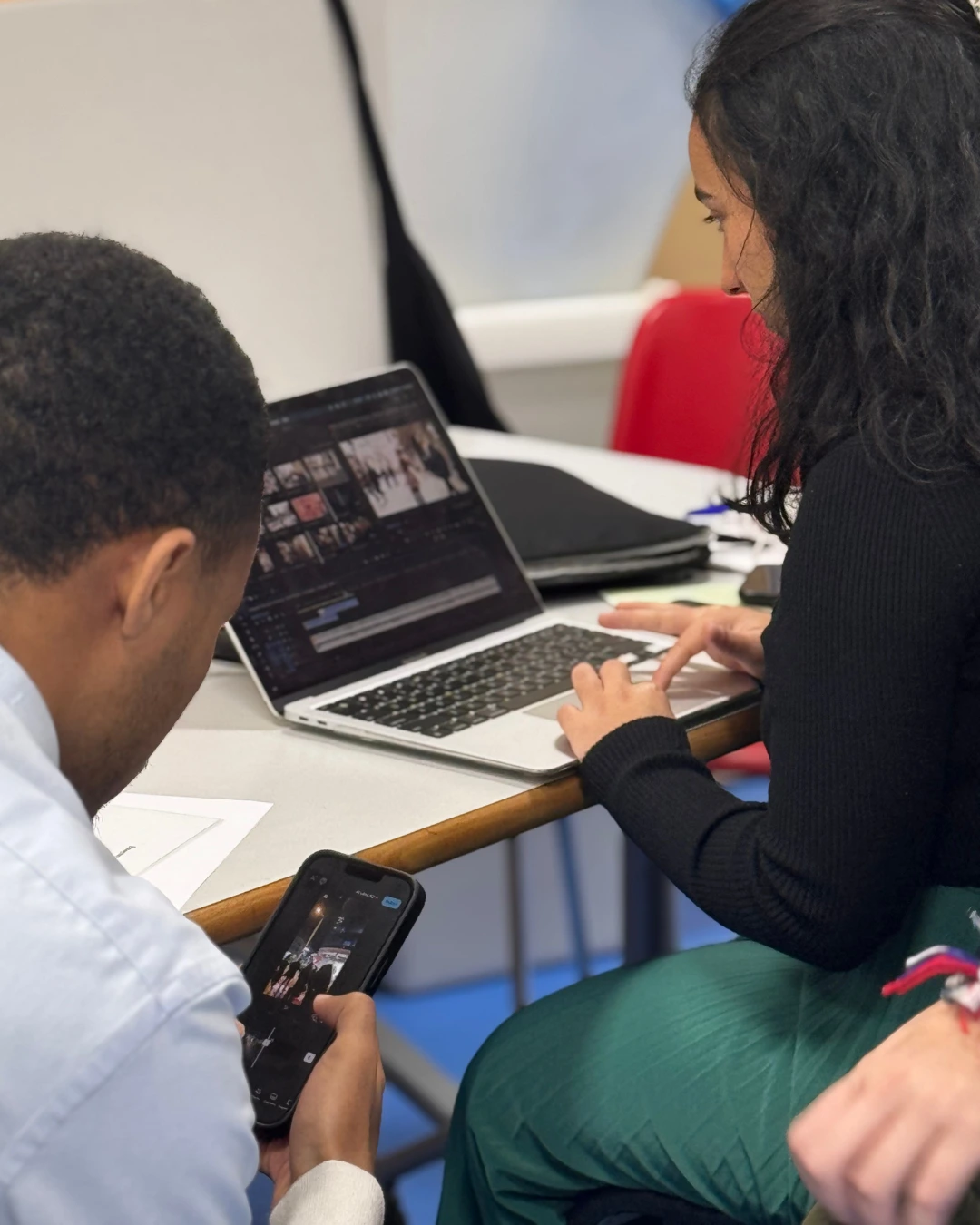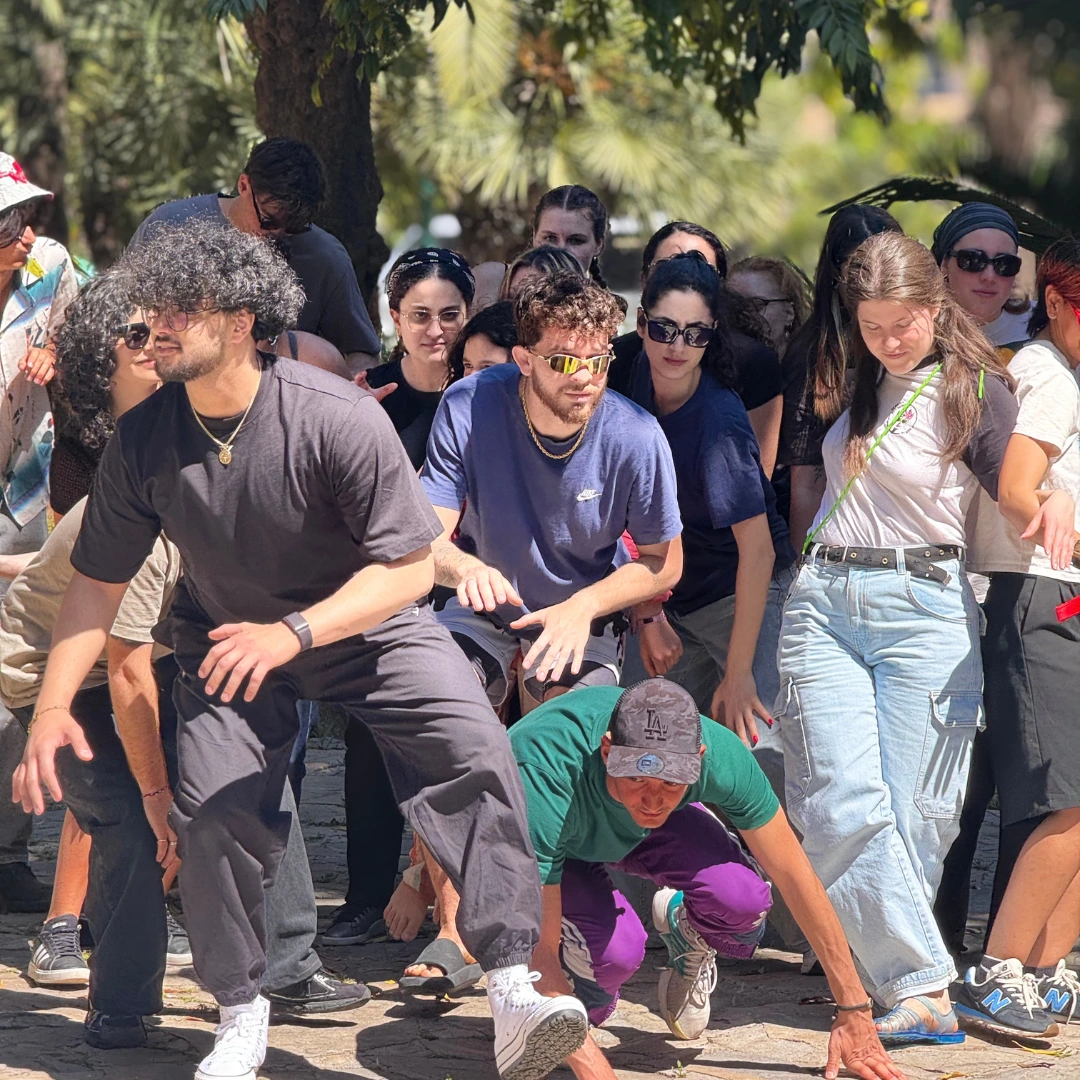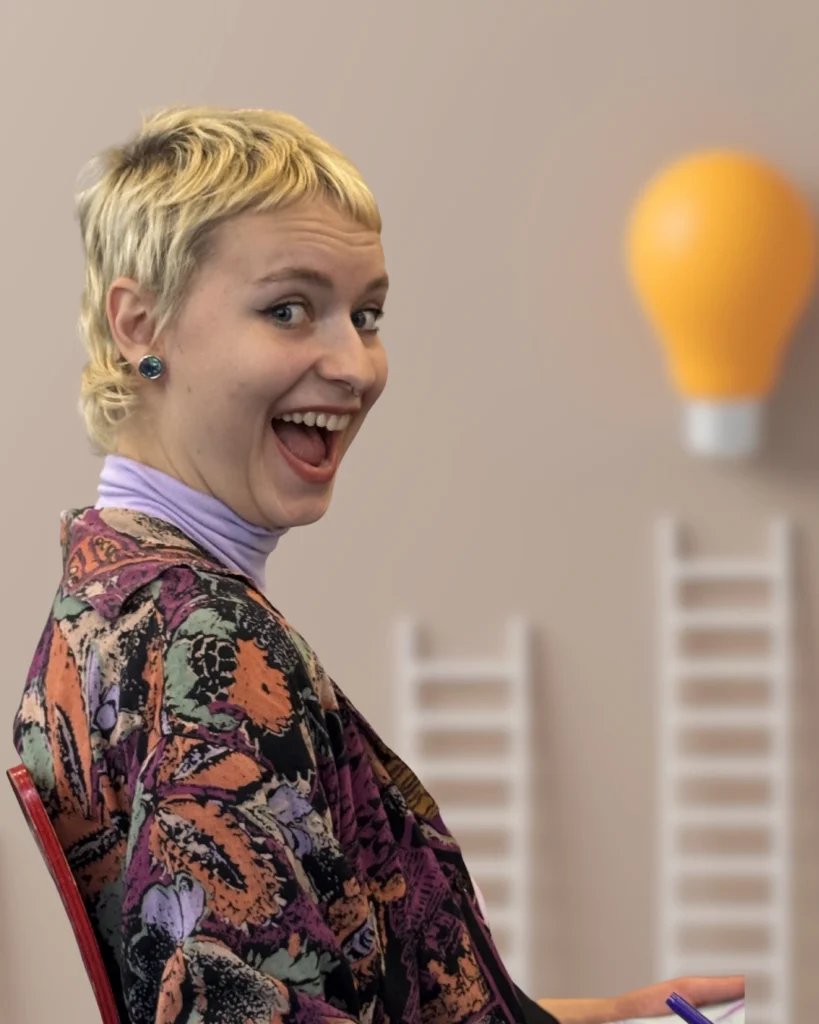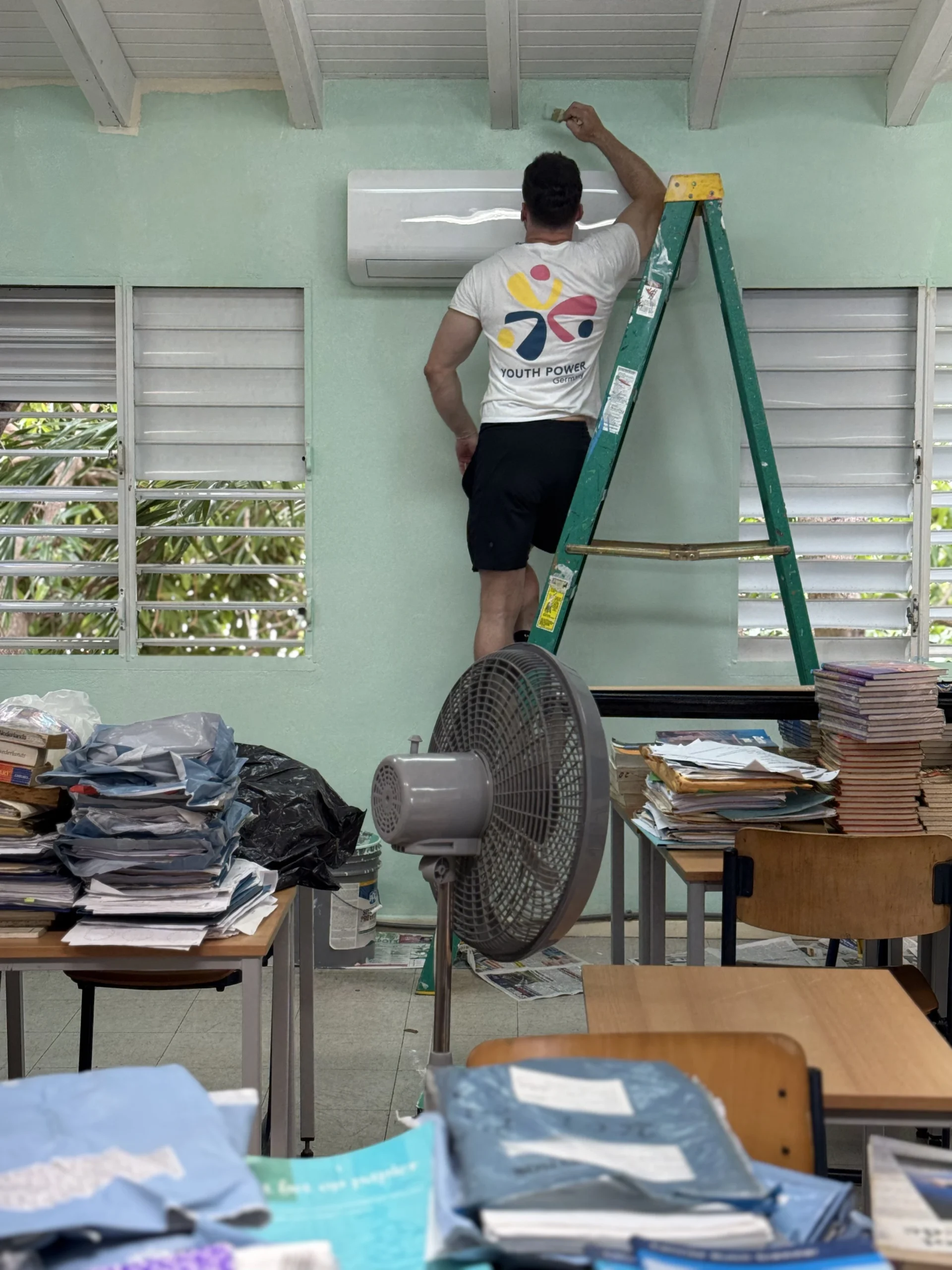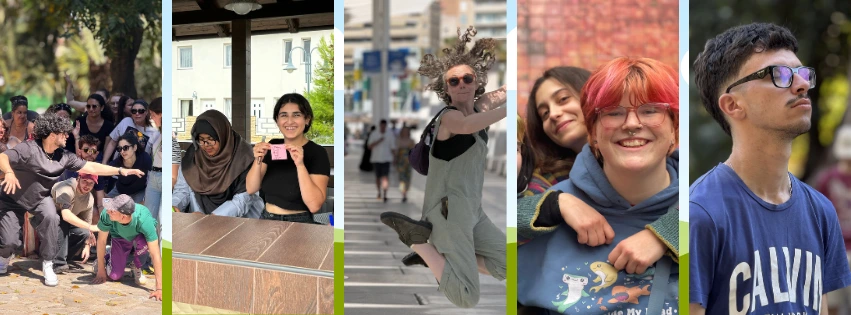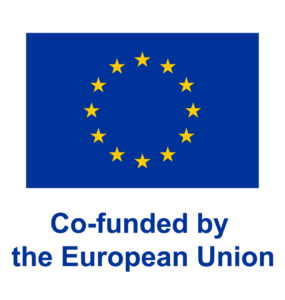Article: Youth Participation: A Key to Europe’s Democratic Future
Across Europe, democracy stands at a crossroads and the next generation holds the key to its renewal. As recent elections reveal, young people remain both deeply invested in shaping their societies and increasingly disillusioned with traditional politics. While their activism thrives on digital platforms and issue-based movements, their participation in formal democratic processes continues to lag behind. Understanding this paradox is vital: Europe’s democratic resilience depends not only on policies made for youth but on those made with them.
The Power of Young Voices: Building Europe’s Next Democratic Chapter
Young people remain indispensable to the health of European democracy, yet their political engagement remains disappointingly uneven. Although overall voter turnout climbed to 50.6% in the 2019 European Parliament elections a significant rebound youth turnout still trails behind the general average. Early data from the 2024 elections point to a troubling 6% drop in participation among under-30s.
Europe’s youth, however, are anything but passive. Across the EU, nearly 40% of young people have signed petitions, one in five volunteers, and many rely on Instagram and TikTok as crucial sources of political information. This shift toward digital and issue-based activism, especially on climate justice and equality, reflects both their frustration with formal institutions and their unwavering commitment to change.
In its 2022 Think Tank briefing, the European Parliament underscored this sentiment, noting that “today’s political decisions have a strong impact on the future of young people. It is therefore crucial to foster their active participation in social and democratic life.”
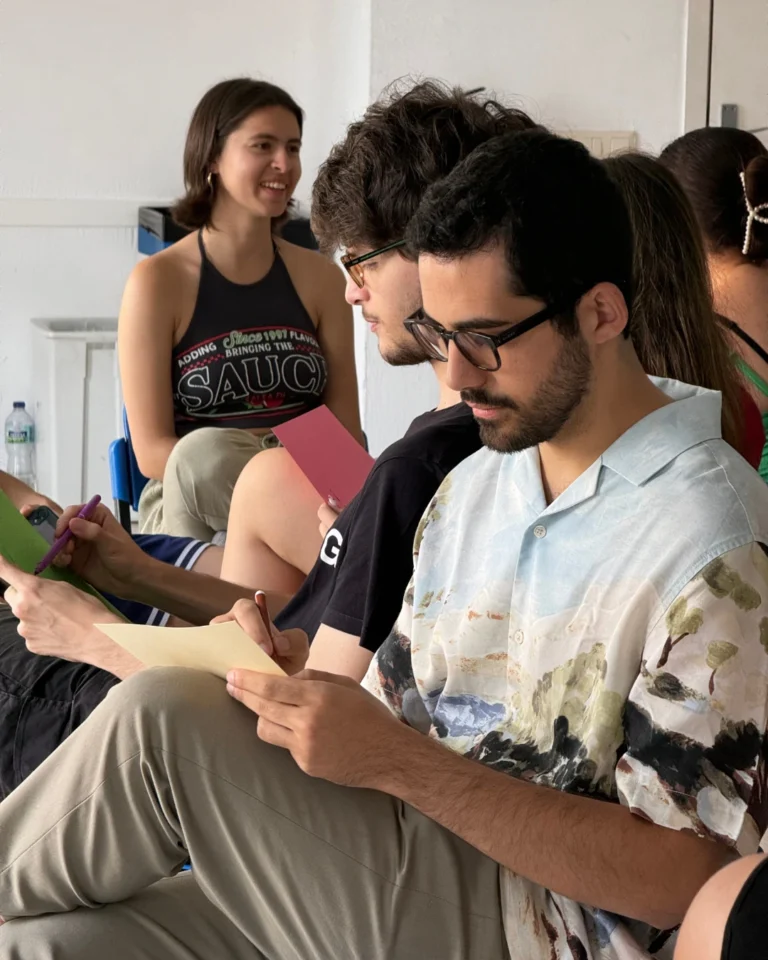
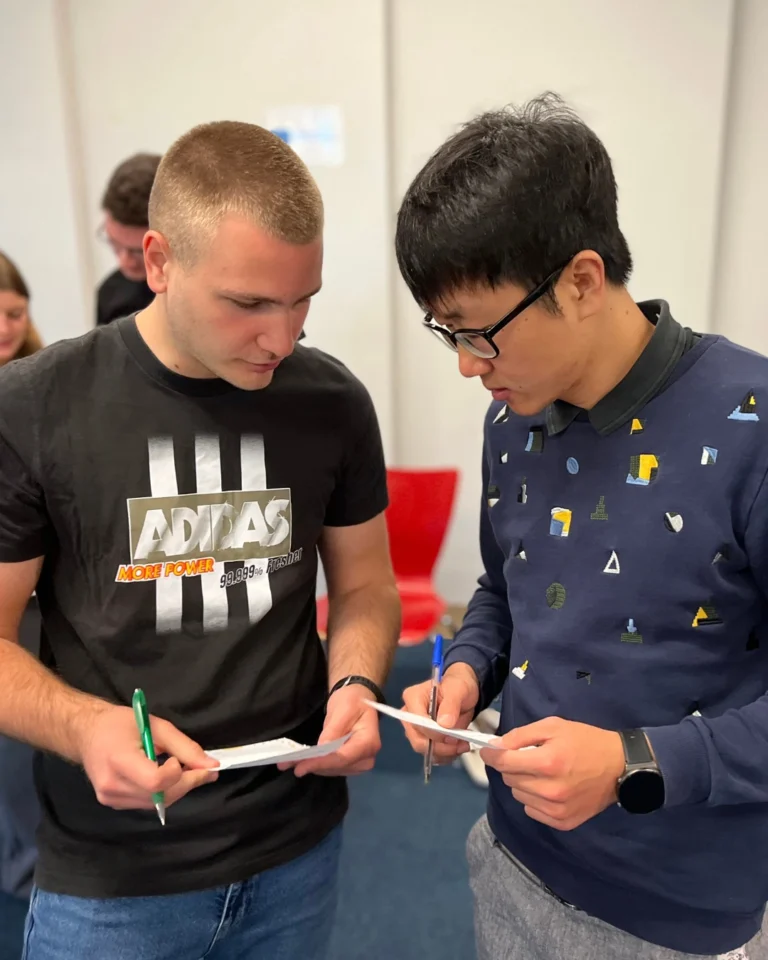

The YouthEUVision consortium has confirmed these trends through rigorous desktop research across six countries: Germany, Greece, Italy, Spain, France, and Romania. Our findings reveal a shared pattern: while young people across these nations are eager to participate, they encounter similar barriers, limited civic education, poor access to clear and reliable EU-related information, and the perception that established political systems don’t hear or value their voices.
These obstacles aren’t just inconvenient they are dangerous for democratic legitimacy. Without meaningful engagement, apathy can morph into disenchantment or alienation. That’s why initiatives like YouthEUVision are essential. Through a combination of research, debates, workshops, and online modules, we aim to transform young Europeans from passive observers into active shapers of policy and democratic practice.
Investing in youth participation is not just a moral imperative it’s strategic resilience. By empowering young citizens through knowledge, platforms, and confidence, Europe can convert today’s disengagement into tomorrow’s leadership.
Conclusion
Europe’s democratic vitality depends on the inclusion of its youngest citizens—not merely as voters but as co-authors of its collective future. The data reveal a troubling paradox: while many young Europeans are active in civic and digital spaces, too few feel empowered within formal politics. This disconnection signals not indifference, but a demand for renewal—a call for institutions that listen, adapt, and evolve.
Initiatives like YouthEUVision demonstrate that when young people are given the tools, knowledge, and trust to participate meaningfully, they respond with creativity and conviction. Investing in their participation is therefore not a symbolic gesture—it is a strategic investment in Europe’s resilience, social cohesion, and democratic continuity. If Europe wants to remain a project of hope, it must ensure that its future is written with the voices of its youth at the heart of every decision.
Resurces:



Von der Europäischen Union finanziert. Die geäußerten Ansichten und Meinungen entsprechen jedoch ausschließlich denen des Autors bzw. der Autoren und spiegeln nicht zwingend die der Europäischen Union oder der Europäischen Exekutivagentur für Bildung und Kultur (EACEA) wider. Weder die Europäische Union noch die EACEA können dafür verantwortlich gemacht werden.
Funded by the European Union. Views and opinions expressed are however those of the author(s) only and do not necessarily reflect those of the European Union or the European Education and Culture Executive Agency (EACEA). Neither the European Union nor EACEA can be held responsible for them.



